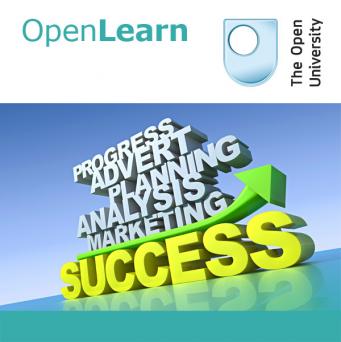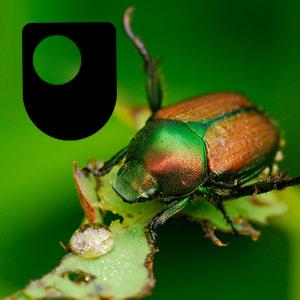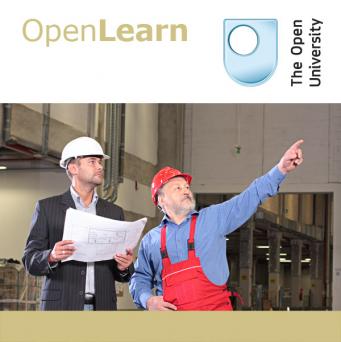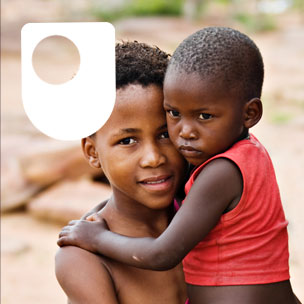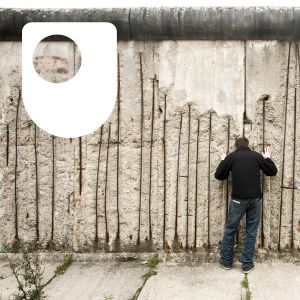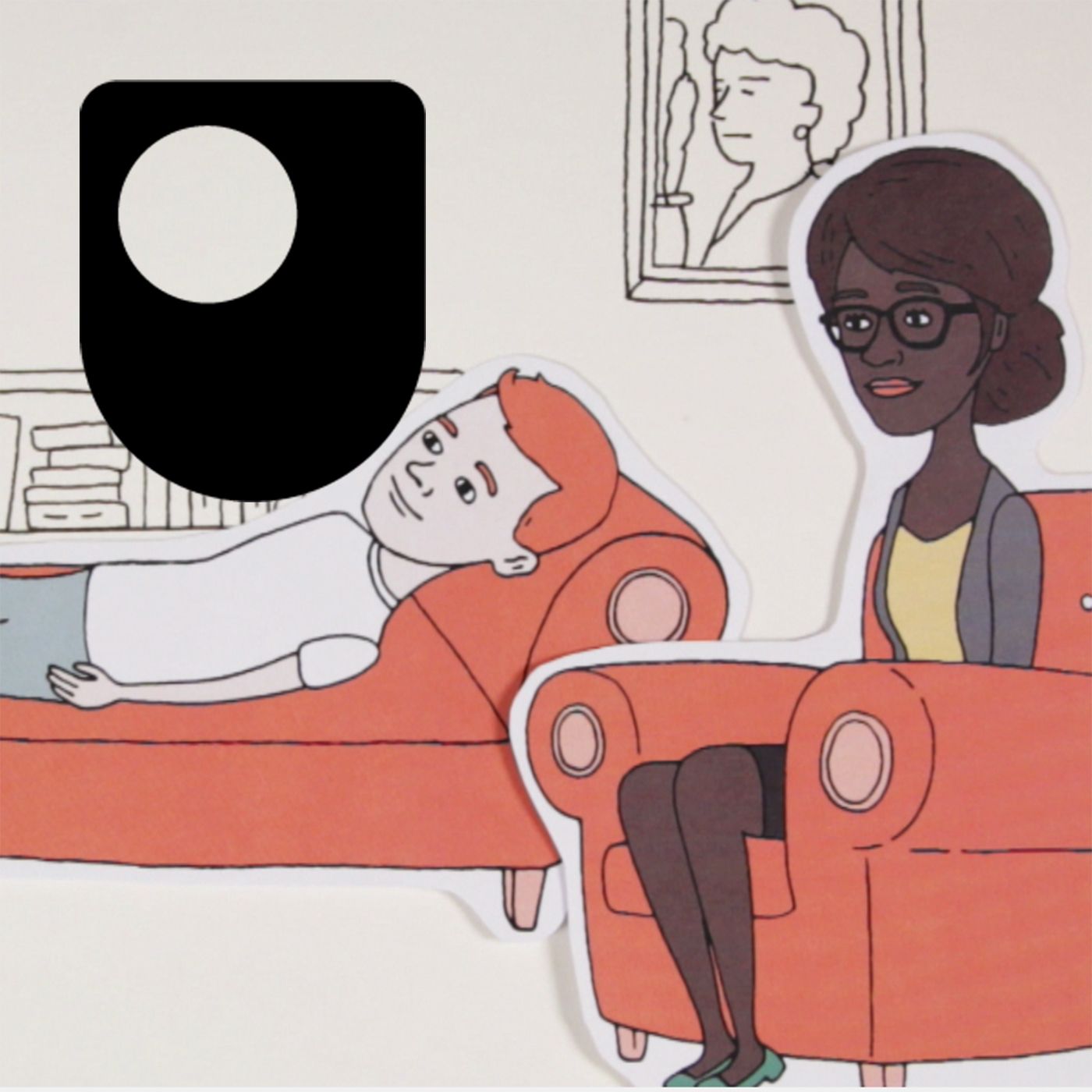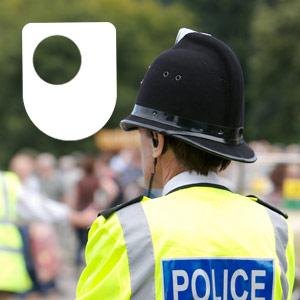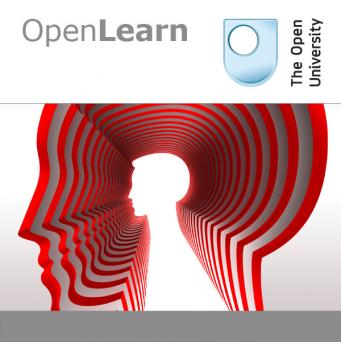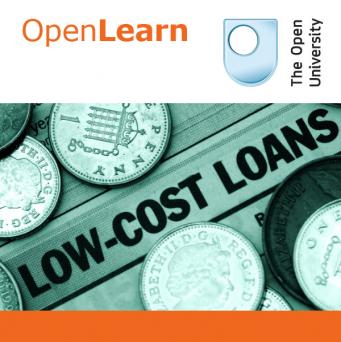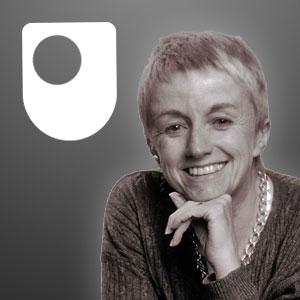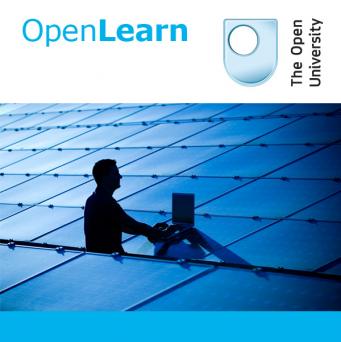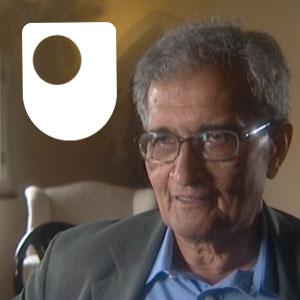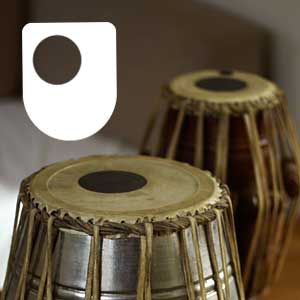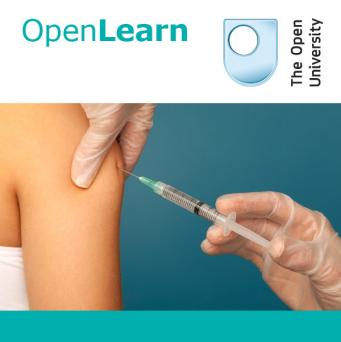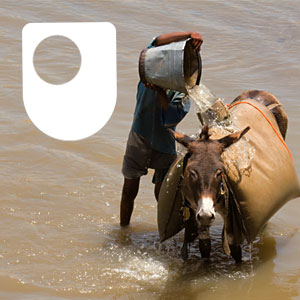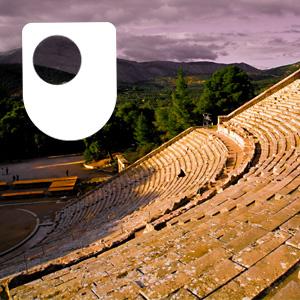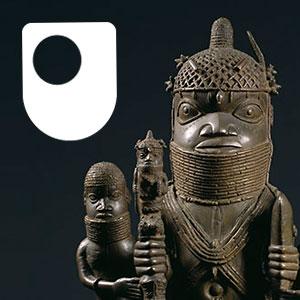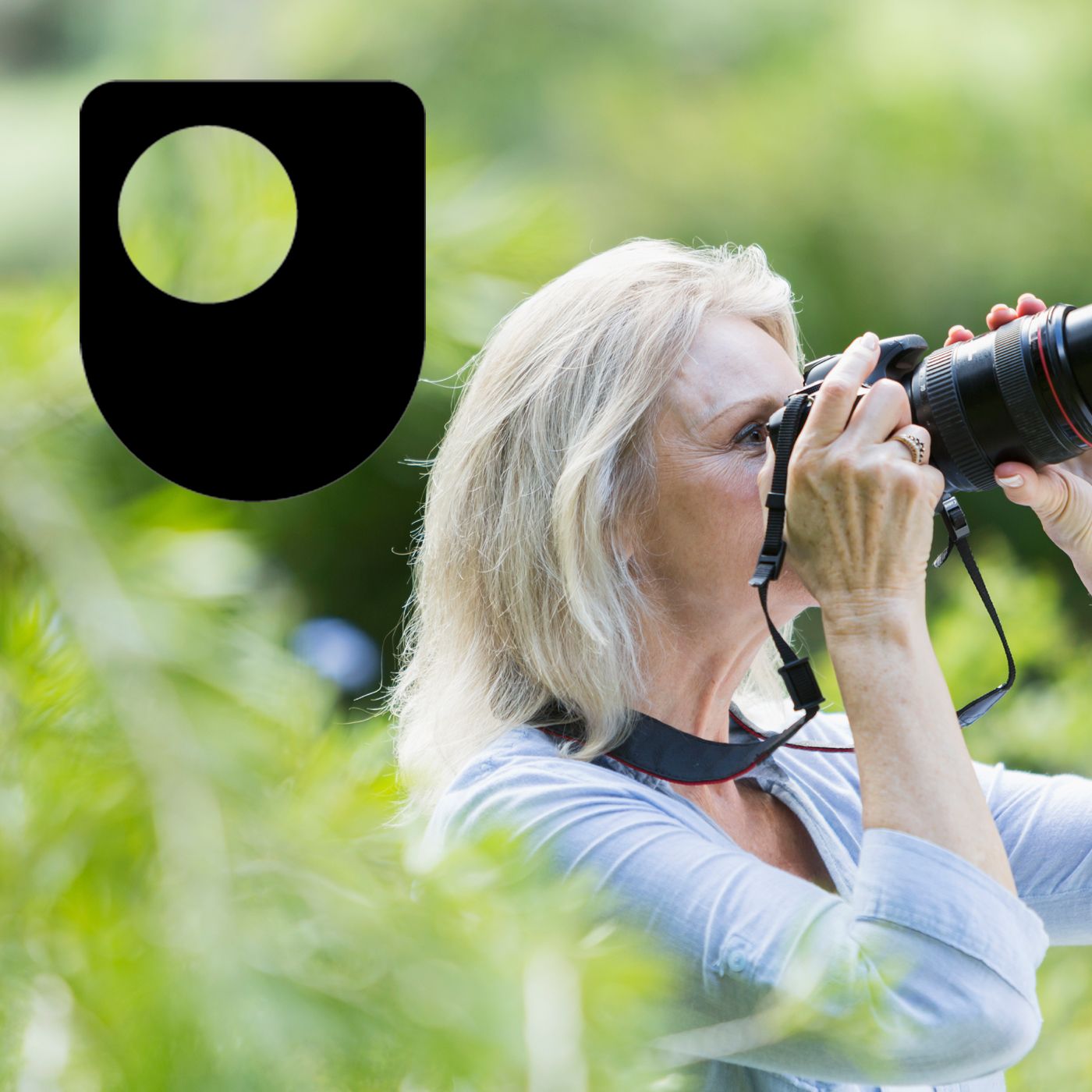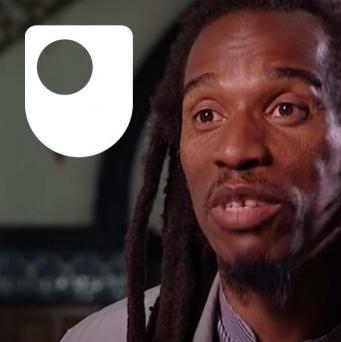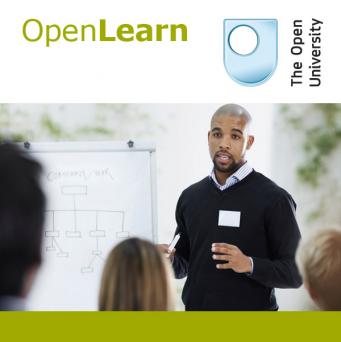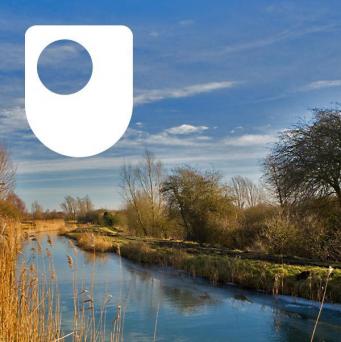The Open University
Is management a personal or collaborative process? What outside factors affect managers on a day-to-day basis?
Traditional thinking can often give the impression that being objective, rational, dispassionate and independent are prerequisites for being a manager. However it’s quite possible many...
HR, Marketing, Finance, Operations and Project Management are all key functions of an organisation. These short audio perspectives give an insight into the roles in these areas and how they interact with the rest of the organisation, with examples of common problems, challenges and difficulties...
Strategic management and planning are no longer the preserve of senior executives. This unit looks at three different approaches to strategy before analysing the direction that strategic management may take now that it has become an accumulation of small tactical decisions rather than a top-down...
Nepal is one of the poorest countries in the world, so just how has it managed to develop a wireless network and promote innovation? This collection explores how Nepal has developed its digital technological infrastructure, how it is still developing from a complex political background and gives...
In commemoration of Handel's 250th anniversary, world renowned Handel scholar and Open University Professor Donald Burrows introduces one of the most famous composers of the eighteenth century. Devised for non-musicians and beginners, the 5 video and 5 audio tracks in this album explore the music...
Can Darwin's theory of evolution be applied to languages? If so what are the analogues for natural selection and species diversification? What truths does this approach reveal and what problems does it throw up? In this album Professor Mark Pagel of Reading University and Quentin Atkinson, an...
The importance of managing people for the success of a project cannot be underestimated. This unit identifies the groups and individuals whose appropriate involvement in a project is important for its success, and considers the ways in which their contribution might be maximised. This study unit...
What does it mean to be poor, or an immigrant? What form should Aid take? This album begins to explore the complex issues of international development in a globalised world, starting with a look at schemes which attempt to alleviate poverty. Small business owners are empowered by micro-financing...
How was The Cold War fought? What types of evidence do historians use to understand the events that took place?
The Cold War was a state of political and military tension between the USA and the Soviet Union, along with their respective allies in the Western and Eastern Blocs.
As The Cold War was...
Is running a football club part of the entertainment business, a rich man’s hobby, a community asset or all three? And what difference does it make if you’re a club outside the Premiership? Here club chairmen, fans, players and other executives talk about the unusual nature of the football...
What is type 1 diabetes? How do people with diabetes manage their symptoms? Type 1 diabetes occurs when insulin producing cells are destroyed, and the body can no longer produce the insulin needed to control sugar levels in the blood. It can develop at any age, but most commonly emerges in...
The big issue of the 21st century is the impact burning fossil fuels is having on the global environment. This album considers what will happen when fossil fuels run out. What oil and gas resources have we got left and how can we sustain them? The two video tracks explore the connection between...
What are are they key factors to successful therapy? This series looks at three elements important to producing a positive outcome. Firstly, the therapist and client need to have a good relationship. Secondly, the therapist needs need to be able to give the client their full attention. Finally...
Do you know how music is written down? How do musicians use scores in their work? Catherine Tackley and Naomi Barker, of the Open University, explain about different types of music, how it is written down, and what that notation means to performers.
How has the arrival of the internet changed the nature of marketing research? Can doing market research with online participants be as effective as with real people?
Every company knows good market research is a key factor in getting an advantage over their competitors, knowing specific...
Have you ever been the victim of crime? Are you fearful of rising crime rates? Crime is one of contemporary society's most pressing social problems - how should we respond to it? This album visits various communities in the UK to explore issues of criminal justice and the introduction of...
What have computers got to do with cows? Can a wooden mirror help us understand the computing behind digital image capture? Neil Rowse is the first dairy farmer in the UK to use a computerised system that gives cows control over when they are milked, and allows him to remotely monitor the...
How is safety built into the design of new structures? What sort of tests are used to ascertain the safety of proposed designs? Structural integrity, the study of the safe design and assessment of materials and structures under load, has become crucial in engineering design. Concepts within...
The most ‘important and greatest puzzle’ we face as humans is ourselves (Boring, 1950, p. 56). Humans are a puzzle – one that is complex, subtle and multi-layered, and it gets even more complicated as we evolve over time and change in different contexts. When answering the question ‘What makes us...
Debt has now become a part of everyday life, with personal debt in the UK topping £1.1 trillion in 2005. In this unit, you will explore the different types of debt and loans and some of the associated concepts, arming yourself with more information to plan your financial future. This study unit...
Why do Muslim women wear the hijab? How do they reconcile different approaches to veiling between generations, across different geographical regions and in different cultural and social environments? How do they negotiate diverse social and cultural influences, pressures and expectations, legal...
Do you think about where your water comes from? In the UK each of us uses an average of about 150 litres of water per day! The seven video tracks in this album consider issues of demand and quality in water supply as well as treatment processes. They give information on methods of minimising...
What do you imagine when you think of a leader? Is the customary vision of the powerful politician or business leader still entirely relevant today? In these recent times of massive political and economic upheaval, it appears that society’s faith in its traditional leaders is at its lowest ebb:...
The world of the early modern period (C10th - C16th) was one of religious obsession, power struggles and plunder. But it was also a world of stunning artistic endeavour. This collection shows how, encoded in the art and architecture of the time, you can find stories of political machinations,...
Why does geography matter? Open University Professor Doreen Massey has devoted her life to the subject, speaking passionately about the significance of geography and the 'politics of place' in a globalised world. This lecture is a celebration of her work which has had a profound influence on...
What are the prospects for cooperation or cooperation in the international system? Will states always be primarily concerned with their own security or is progressive change possible in international politics? Does it matter to international politics if states are democratic or not? And what is...
Nepal is one of the poorest countries in the world, so just how has it managed to develop a wireless network and promote innovation? This collection explores how Nepal has developed its digital technological infrastructure, how it is still developing from a complex political background and gives...
This course extends language skills and cultural knowledge. By working with authentic material from German-speaking countries, you will learn how to communicate in a wide range of situations: expressing opinions; reporting other people’s comments; explaining processes and trends; electronic...
Energy from sources other than fossil and nuclear fuels is to a large extent free of the concerns about environmental effects and renewability that characterize those two sources. Each alternative source supplies energy continuall, whether or not we use it, and most have their origins in energy...
In the sub-arctic environment in northern Norway and the high arctic climate of Svalbard, reindeer have adapted to their environment in different ways. The five video tracks in this album explore the key concepts of evolutionary science and investigate how these account for the characteristics...
To what extent does Man have a right to exploit nature in order to live? Do animals have rights? Should we modify the genes of crops if it allows us to increase production, and even alleviate poverty? This album explores the arguments for and against genetically-modified crops, hearing the views...
Do you want to improve your German while learning about life and culture in Germany and Austria? The 20 tracks in this album are devised as a revision of some post-beginners structures and vocabulary as well as an introduction to different aspects of everyday life in German speaking countries....
Nobel prize winning economist and philosopher, Professor Amartya Sen is widely regarded as one of the most influential public thinkers of our time, his interest and impact ranging across the key questions facing all societies: how can we promote economic well being, fairness and justice and how...
Playing badminton is like playing chess at 200 miles per hour, it requires a combination of explosive power, speed, agility and strategy. The physiological demands that badminton places on the body requires intense fitness preparation. So what training is vital to ensure high performance? In a...
How do people greet each other and introduce themselves in Spanish? How do they talk about their lives or their everyday activities?
This second edition of Portales: beginners' Spanish contains a variety of short conversations covering topics ranging from ordering a meal to discussing holiday...
Song, in its many forms, surrounds us - and may have been a feature of life since the very beginnings of human history. It is practiced in every society in the world, its importance undiminished in modern times. The tracks on this album focus on English Folk singing, the traditions behind the...
The music of North India is mesmerising, and shrouded in tradition and culture. There, raga is the art of life - it is the music of the mind. The tracks in this album focus on three instruments - the tabla, the alap and the voice - all central to the existence of Raga. Each instrument is broken...
Baffled by modern art and architecture? You’re not alone! This collection gives new insight into today’s shifting kaleidoscope of visual culture by placing it in the context of the developments of the 19th and 20th century. In the mid 19th century there was a growing realisation that...
In the late nineteen eighties, Belfast became part of the World Health Organisation's Healthy Cities Project. The aim was to get as many institutions as possible to make health central to their planning and to give the diverse communities of Belfast a real say in their future. What were the...
Vaccinations are now considered a part of everyday life, but how do they work? This unit will help those with a background in biology understand the historical development of vaccination, assess the various types of vaccines used today, examine their production and explore the limitations that...
In Ethiopia, 65% of people don’t have access to clean drinking water. In this album we take a glimpse at the struggles Ethiopians go through each day, just to survive. We look closely at the different methods used to improve the quality of life in the rural highlands as well as the conflict...
This album Investigates recent debates in sociology, cultural theory and psychoanalysis, and explores the nature of social identity, ‘socialisation’, subjectivity and personhood. The case studies explore the value and relevance of different theoretical frameworks for understanding identity by...
Why do Mergers and acquisitions happen? What are the factors that motivate companies to buy sell and incorporate other organisations? In these uncertain economic times it is of paramount importance for companies to be able to weather financial instability while maintaining a profitable business...
How do you get to be one of the great operatic divas? Catherine Rogers might just have what it takes to be a famous opera singer, but she still has lots of work to do. This album gives us an insight into the immense effort it requires to become a musical performer. As well as singing, acting,...
What was it like to go to the theatre nearly 2500 years ago? Greek theatre has survived through the ages as a powerful and influential art form. This album introduces what early Greek theatres looked like and the kind of audience they attracted. Using the Theatre of Dionysus as a starting point,...
Are ancient sculptures ethnographic artefacts or works of art? How can objects like these throw light on the relationship of our culture to other cultures, both in the past and in the present? This album explores some of the issues surrounding interpretation and display of bronze sculptures...
How do photographers correct or enhance their images? What methods can be used to reduce the amount of noise in photographs?
The rise in popularity in photo sharing sites like Facebook, Instagram and Flickr has led to a huge increase in the number of consumers buying digital cameras, taking...
How has the English language influenced your life? How would you define your relationship with English? In this collection these questions are explored by Poet Benjamin Zephaniah, writer Sindiwe Magona, and author Jung Chang amongst others. They discuss the impact of the language; and describe...
Effective communication is the key to a successful presentation. This unit will provide you with a systematic approach to develop the necessary skills. It is important to understand that effective presentation skills can be practised and learned. It is the content of your presentation, and the...
The relationship between sea and land has always been one of dynamic change. Yet, as rising sea levels threaten habitats for wildlife and humans alike, we are today more vulnerable than ever. The 11 video tracks on this album address the complexities of environmental change, focusing on the...


